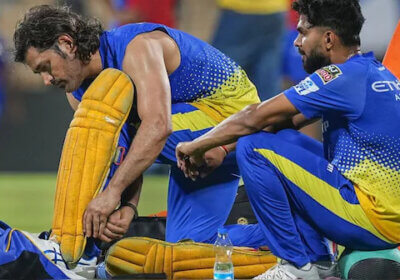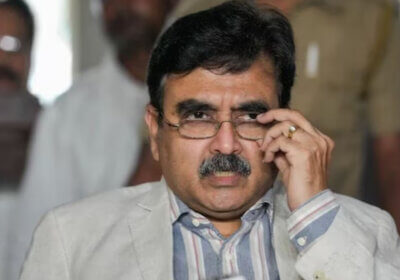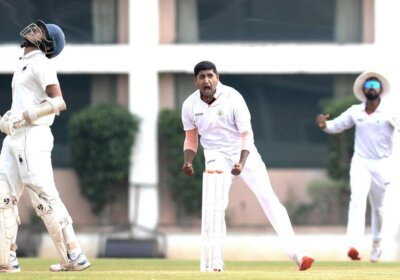The Supreme Court in India has denied the right of same sex marriages or form civil unions. The Court ruled that Parliament must pass laws enabling same-sex couples to marry and form civil unions, as the law does not currently recognize these rights. The Court also ruled that same-sex couples do not have the legal right to adopt children. The Constitution Bench, consisting of Chief Justice of India (CJI) DY Chandrachud, Justices Hima Kohli, S Ravindra Bhat, PS Narasimha, and Sanjay Kishan Kaul, delivered the decision.
Also Read | Supreme Court: Manish Sisodia Can’t Stay Behind Bars Infinitely
The majority opinion, written by Justices Bhat, Kohli, and Narasimha, ruled that there is no untainted right to marriage and that same-sex couples cannot claim it as a fundamental right. The Court also rejected the appeal of the Special Marriage Act’s provisions. However, the Chief Justice of India, DY Chandrachud, and Justice Kaul argued that same-sex couples can acknowledge their relationship as civil unions and pursue related benefits.
Decision of the Supreme Court regarding same-sex marriage or civil union
Queer couples do not currently have the legal right to marry, but the Court ruled in a minority opinion that they have the legal right to form civil unions.
The ball is in the Parliament’s Court
The freedom of same-sex couples to get married or form civil unions received a denial by the Supreme Court on Tuesday. The Court ruled that the Parliament must pass laws enabling same-sex couples to get married and form civil unions because the law does not currently recognize those rights. The Court further ruled that same-sex couples do not have the legal right to adopt children.
Four distinct judgments from the Bench
A Constitution Bench composed of Chief Justice of India (CJI) DY Chandrachud and Justices Hima Kohli, S Ravindra Bhat, PS Narasimha, and Sanjay Kishan Kaul delivered the decision. There were four distinct judgments from the Bench.
Justices Bhat, Kohli, and Narasimha wrote the majority opinion, and Justice Narasimha delivered a concurring opinion. Justice Kaul and CJI DY Chandrachud each wrote contrary opinions.
The Court rejected the appeal of the Special Marriage Act’s provisions
All judges agreed that there is no untainted right to marriage and that same-sex couples cannot claim it as a fundamental right. Additionally, the Court unanimously rejected the appeal of the Special Marriage Act’s provisions.
Same-sex civil unions are illegal under the law
Justices Bhat, Kohli, and Narasimha, who made up the majority, also ruled that same-sex couples cannot claim the legal recognition of their civil unions or the right to adopt children.
The CJI and Justice Kaul’s opinions
However, the Chief Justice of India, DY Chandrachud, and Justice Kaul determined in their respective minority opinions that same-sex couples can acknowledge their relationships as civil unions and pursue related benefits. In this regard, they also asserted that such individuals have the freedom to acquire children and declared invalid any adoption laws that stood in the way of this.
According to CJI Chandrachud, the Special Marriage Act’s provisions cannot get overturned or amended to permit same-sex unions. Justice Kaul agreed with the Chief Justice in holding that the Special Marriage Act isn’t understood to allow same-sex unions despite claiming that it discriminates against queer couples.
Related Read | Supreme Court To Hear On Same Sex Marriage – 10 Points























Leave a Reply